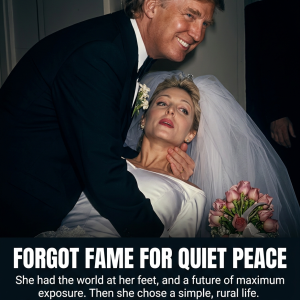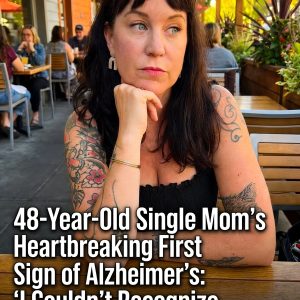A Festival of Joy and Noise
The Juneteenth street fair pulsed with music, sizzling food trucks, and kids darting between booths like fireflies at dusk. One minute I was handing cash to the funnel-cake vendor, the next my six-year-old nephew Zavi had vanished into the crush of bodies.
Terror in Three Heartbeats
Panic bolted through me. I dropped the sugar-dusted plate, shouting Zavi’s name while scanning every bounce house and snow-cone line. Just as I grabbed my phone to dial 911, I spotted him—fast asleep in the arms of a uniformed police officer posted near the curb.
A Calm Officer, a Sleeping Child
The officer—badge reading “Davies”—stood there like this was routine. When I barreled up, breathless, he offered a quick smile. “Little man wandered off, then tuckered out,” he said. He’d stayed put so Zavi wouldn’t wake to an empty street.
Murmurs and Side-Eyes
Relief washed over me—until I noticed phones aimed our way, lips moving in hushed commentary. A woman near the lemonade stand muttered, “Nice to see that kind of treatment—for some.” The words chilled me more than the missing child had.
The Question No One Spoke Aloud
The whispers weren’t about a lost kid’s nap; they were about which arms he’d landed in—and how differently it all might look if Zavi were older, bigger, less obviously innocent. That unspoken what-if stuck to me like humidity long after the festival lights dimmed.
Restless Night, Shifting Images
Sleep betrayed me that night. Behind my eyelids, the scene replayed: sometimes Zavi giggling at the officer’s badge, sometimes fidgeting in a way a stranger might misread. In the darkest version, Officer Davies’ gentle grip hardened into suspicion.
Turning Questions into Conversation
My sister—Zavi’s mom—had heard the festival gossip too. Together we drafted a social-media post: praising Officer Davies’ kindness while naming the racial undertone that rippled through the crowd. We didn’t want outrage; we wanted dialogue.
Viral Reactions and an Unexpected Reply
The post exploded. Support, denial, frustration poured in. Then a comment appeared from Officer Davies himself. He thanked us for the acknowledgment and admitted the story underscored work still ahead.
From Online to Onstage
Within days, the police department invited us to speak at a town-hall meeting on community trust and implicit bias. Facing a room of neighbors and uniformed officers, we recounted the terror, the relief, and the uneasy questions that followed.
Bridging a Divide, One Story at a Time
Officer Davies spoke, too, sharing why he’d joined the force and how history shapes perception. The discussion was tense, honest, human. No magic fix—but a start. Davies later launched a youth outreach program; my sister and I kept sharing our experience with other groups.
What We’ll Tell Zavi
For now, Zavi remains blissfully unaware of the layers beneath that festival afternoon. Someday we’ll tell him: about the officer’s kindness, the murmurs in the crowd, and the power of a single conversation to spark change.
Life Lesson
Even moments of white-hot fear can open doors to deeper understanding—if we’re brave enough to name the discomfort, listen hard, and keep talking. Sometimes change begins with one sleepy child, one compassionate cop, and a community willing to lean in instead of looking away.





